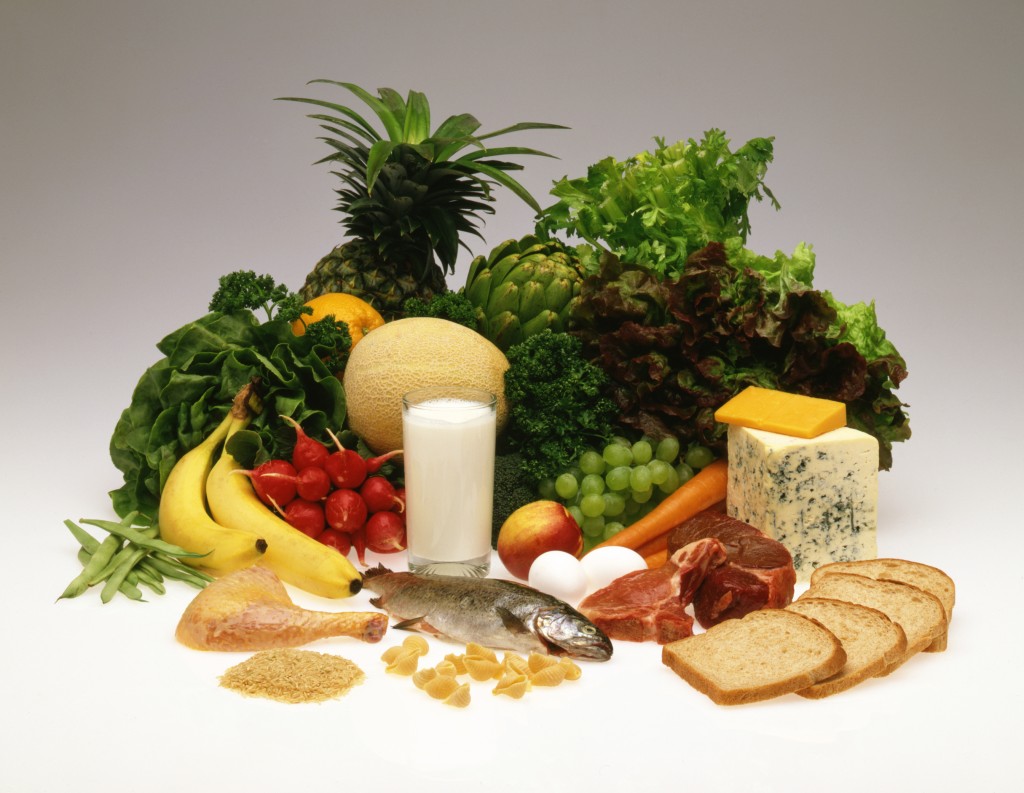Kent Sport fitness instructor Sarah Black reflects on labels and food and healthy lifestyle choices.
Labels are everywhere. There are labels on the food we eat, the clothes we wear, the products we use and, on a more personal and reflective basis, we further stitch them to ourselves.
At the start of a new year the majority of us take a close look at our current regimes and start goal setting to a help us become better people. Let’s take this concept and consider the importance of labelling efficiently and correctly. This will hopefully trigger your thoughts and guide you to a healthier view on what we all consider a ‘label.’
Food. This always seems to be the focal point when trying to make changes. For the vast majority of us, before even turning over the packaging, we have already labelled our food from ‘bad’ to ‘good’ to ‘fatty’ to ‘naughty.’
We label our foods based on media and opinions. Take a moment and ask yourself, why should we label cake as ‘bad’ and an apple as ‘good?’ Here’s a fun fact: consuming too many apples can rot your teeth, cause bloating and indigestion.
Cake can actually have the benefit of satisfying a craving, lift your mood and offer fulfillment, it also is a form of fiber and depending on the type of cake could be a complex carbohydrate; which will retain energy and avoid fluctuations in blood glucose levels. This suggests our food labels are contradictory. Who, but ourselves has the decision to label these foods with such symbols?
Let’s look at some popular food choices.
Nuts offer essential fatty oils, vitamins, iron and magnesium. Yet nuts are renowned for high calories and high salt.
Some wines contain resveratrol, a powerful antioxidant compound. Resveratrol also protects your heart and arteries against the effects of saturated fat in your diet.
Ice cream is named as an indulgent treat, yet it is a good source of protein and calcium.
Studies showed adults who drank flavanol-rich cocoa and ate chocolate daily for a month performed better on some memory tests compared to another section of tested adults. So why the negative hype around chocolate being a junk food?
Donna Kebabs are renowned for making you ‘fat’ and considered a terrible choice for those on a diet. Why? It is a meat therefore it is a protein and it supplies fat, which we need in our diet. Perhaps the kebab was all you had to eat that day? You wouldn’t necessary put on any weight.
The point is, no food is actually bad, naughty or unforgiving. The key principle is – everything in moderation. Too much of anything is bad for you. We are told to exercise more frequently, but in fact too much exercise could be just as damaging.
Many eat through their emotions, therefore the state of people’s moods determine whether a food is good or bad, thus ‘labels’ are formed. We choose food for the wrong reasons. Instead of picking up a tissue when we cry, we reach for a cookie which gives the cookie a negative image. It is not the cookie that is bad – it’s the purpose of having it and how many you have. If we ate according to how our physical body was responding, it would make more sense to choose food purposefully and wisely, satisfying cravings and eating for energy and health.
Cure a break up with a cry, not a tub of ice cream. Cure a fight with a make-up, tiredness with sleep. You are responsible for the stitching – label wisely and justify your reasons for the tag. Remember it can always be changed.

